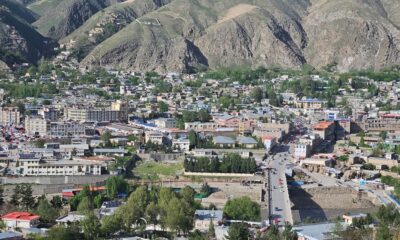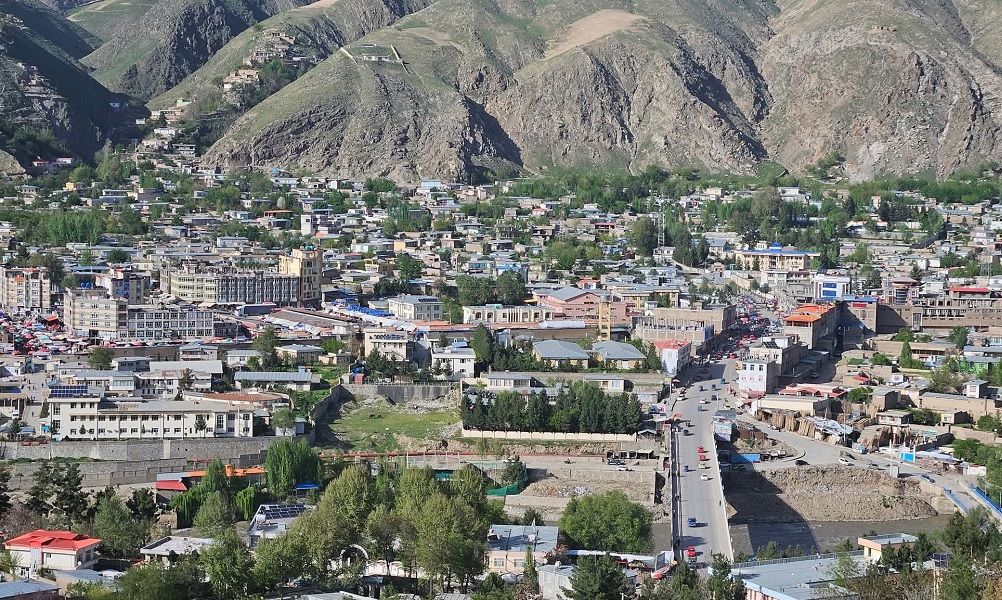Latest News
Insulting any tribe, ethnicity, group, is offensive by law
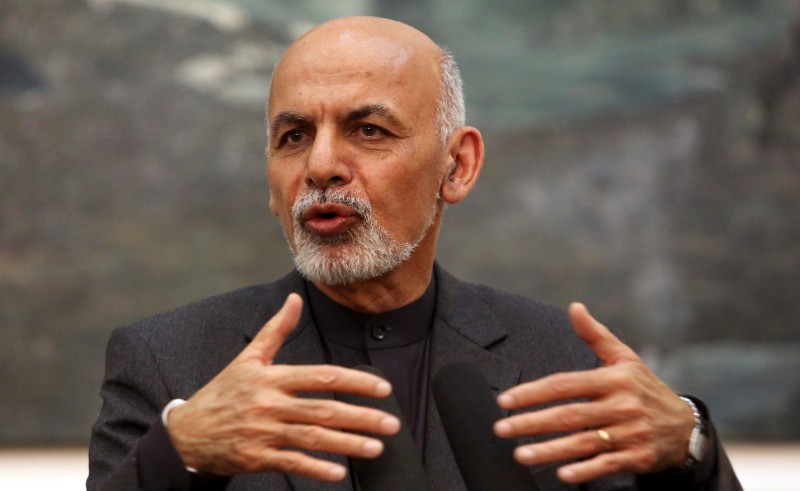
Some experts say that Ghani’s words on Amir Timur Gurkani are considered ethnically offensive. The social media users have also called Ghani’s statement an insult to Amir Timur.
Earlier, President Ashraf Ghani spoke in a gathering titled as the national history, culture, and identity talks, in the presidential palace. What turned controversial was Ghani’s reference to Amir Timur Gurkani as the “Timur-e Lang”, meaning ‘the crippled Timur’, who was the first emperor of the Timurid Empire.
Ghani in his talks said, “Genghis Khan destroyed the irrigation system in the north and northwestern Afghanistan. ‘Timur-e Lang’ destroyed the irrigation system in Sistan, Helmand, and Farah.”
Ghani’s statement was intensely reacted by experts and social media users.
The media office of the first vice president, in a press release, referred to Ghani’s statement as a big insult to “Amir Timur; the Quran keeper” adding that such statements will separate Afghans in this very vital political stage. The first VP office urges the president to apologize to the Afghan people.
Bashir Ahmad Tahyanj, spokesperson of the National Islamic Movement of Afghanistan said, “Unfortunately, President Ghani has a personal bias towards historic figures, honorable ethnicities, and the history and culture of the people who live in Afghanistan. This is not his first time. The National Movement of Afghanistan is against it and wants Ghani to apologize.”
Experts call Ghani’s statements ‘biased and controversial’.
“Based on the 22nd article of the constitution, discrimination is illegal, be it linguistic or ethnic. To respect the ethnicities is binding by law which should be practiced by all.”
However, the presidential spokesperson posted on his Facebook, that the president’s statements were not insulting, intentional and/or disrespectful to the national persona of “Amir Timur”.
Latest News
Over 365 women-related cases resolved in past month: Virtue Ministry
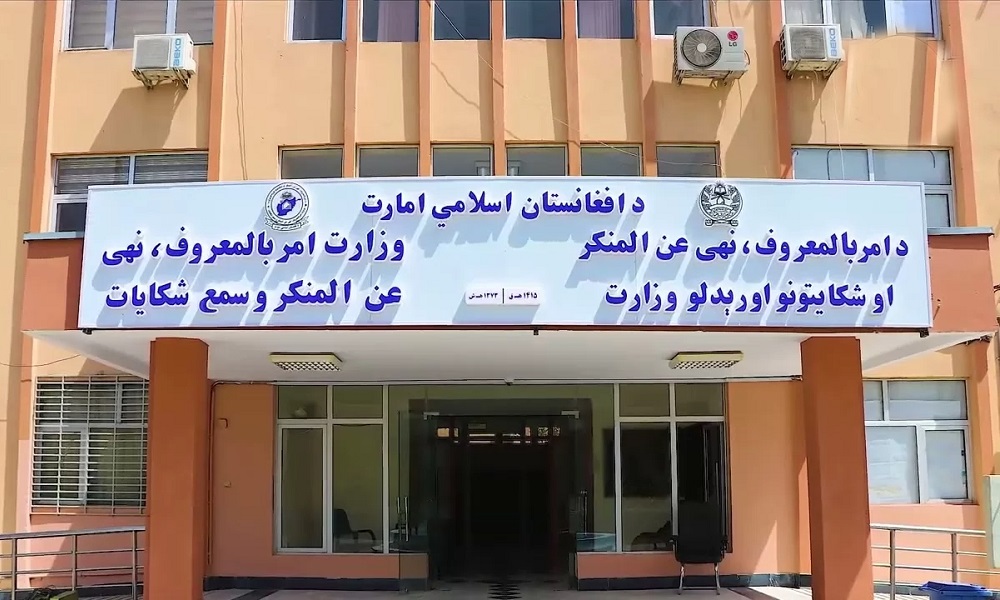
The Ministry for the Propagation of Virtue and Prevention of Vice (MPVPV) said in a statement that over the past month, it has handled 368 cases related to women’s religious rights.
According to the statement, the ministry also arrested 30 alleged sorcerers, resolved 175 cases of disputes and conflicts, held 743 meetings with traders, and conducted 1,304 reformative sessions with religious scholars and various segments of society.
Latest News
Five die as vehicle plunges into river in Badakhshan
Latest News
Moldova bans Afghan airlines over safety concerns

Moldova’s government has included Afghan airlines in its updated list of carriers banned or restricted from operating in the country, effective 19 February 2026, in line with EU aviation safety rules.
The order, signed by Deputy Prime Minister Vladimir Bolea, covers more than 200 airlines from around 20 countries, including Afghanistan, Russia, Iran, and North Korea. Most face a complete operating ban in Moldovan airspace and airports, while some have limited operational permissions, state news agency Moldpres reported.
The Civil Aviation Authority of Moldova will monitor compliance. The ban remains in place until Moldova joins the European Union.
-

 Latest News4 days ago
Latest News4 days agoIEA releases three Pakistani soldiers to mark Ramadan
-

 Latest News3 days ago
Latest News3 days agoAfghanistan’s Chief of Armed Forces underscores readiness and equipment for national defense
-

 Latest News2 days ago
Latest News2 days agoAfghanistan welcomes investment and technology partnerships with India
-

 Latest News4 days ago
Latest News4 days agoGrateful to Afghans and Ulama for obeying the Islamic Emirate, says Hibatullah Akhundzada
-

 Sport2 days ago
Sport2 days agoAfghan Peaks founder climbs Aconcagua to promote Afghanistan’s mountain potential
-

 Latest News1 day ago
Latest News1 day agoIndian customs seize Chinese walnuts falsely declared as Afghan
-
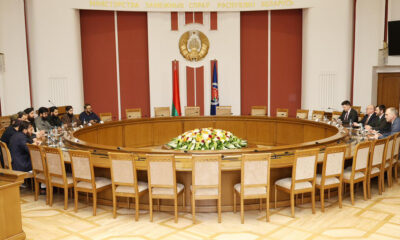
 Business4 days ago
Business4 days agoAfghan delegation visits Belarus to strengthen economic and industrial ties
-

 Business2 days ago
Business2 days agoPakistan allows re-export of stranded Afghan transit cargo





